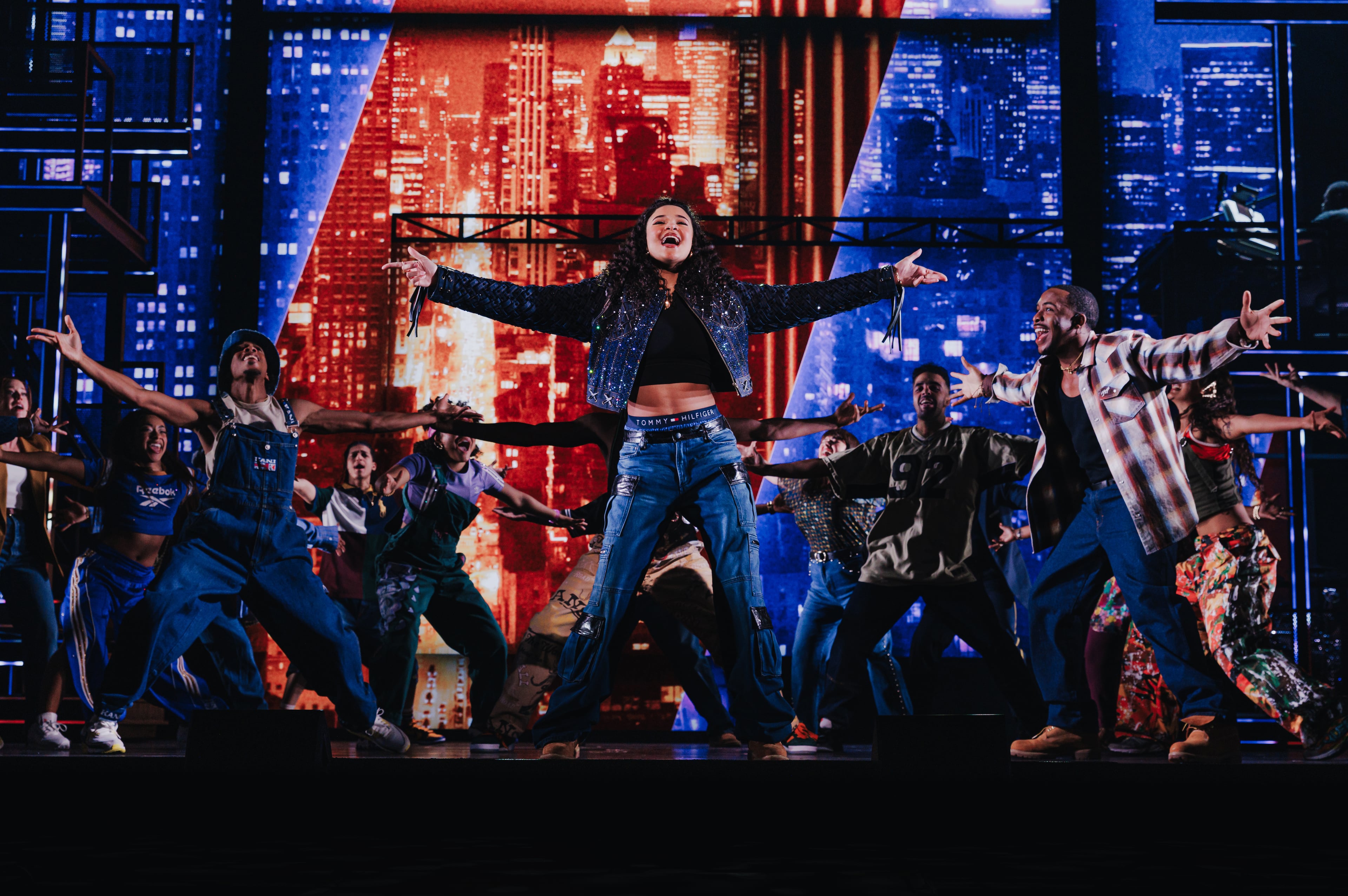Fellow actors knew ‘Fences’ was in good hands

Mykelti Williamson and Stephen Henderson began working on the film version of August Wilson’s Pulitzer prize-winning play, “Fences,” with a great feeling of confidence. Most of that resolve came from working with Denzel Washington who stars in and directed the movie.
“I know that he’s very respectful of the fact that the estate of August Wilson asked him to shepherd these stories to film. Denzel is a faith-based man and that factors into everything he does. He went at this with a reverence and dedication,” Henderson says. “He has the same attribute that’s in every great director, an attention to detail. There’s one Zen thing he has over other directors in that Denzel is such a great actor, he knows how to elicit your best work. And, because he is Denzel, you want to give him your best work.”
Another reason, Williamson (best known for his role in “Forest Gump”) and Henderson (who played Omar on the TV series “New Amsterdam”) could concentrate on doing their best work was because they were so familiar with the play. Along with Washington, plus fellow film cast members Viola Davis and Russell Hornsby, they all had been on Broadway with the Tony-winning show.
“Fences” revolves around Troy (Washington), the iron-fisted patriarch of a Pittsburgh family in the 1950s. Williamson plays his brother, Gabriel, who has been dealing with a diminished mental capacity since the war. Davis plays Troy’s wife and Hornsby reprises his role as Troy’s son. Henderson is Troy’s longtime friend, Bono.
In taking the stage play to film, Washington took a Spartan approach to sets. Most of the action unfolds in the backyard or family kitchen, giving the movie a theatrical feel.
Williamson and Henderson stress that while it might have the appearance of a stage production, the work felt like it came with the freedoms of shooting a movie. They both liked not having to play to patrons in the last row of the theater but could get lost in the actual setting.
It was easy for them to leave behind the habits of doing “Fences” on stage because there was six years between their theater and feature work. And they relied on Washington, who had directed two feature films before “Fences,” to keep their performance just right for the big screen.
Williamson felt like he was part of a family dealing with the raw truth. The relationship between Williamson, Henderson and Washington is important because of how the characters are linked.
“I see Gabriel as part of the brokenness of Troy. Troy sees Gabriel as the fractured part of himself that he’s trying to fix,” Williamson says.
Henderson describes Bobo as someone who has looked up to Troy for years but is now giving back to him many of the sermons Troy preached at Bono in their younger days. That makes Bono a reflection of Troy’s conscience.
Williamson had the challenge of playing the mentally challenged Gabriel without allowing his performance to slip into a caricature. For Williamson, the trick was to just play the role with as much truth and honesty as possible.
Henderson added that an actor should never think that they are playing a person in a story. The key is to play the role as a human who has a soul. He never thinks of a character as a literary device.
On the surface, the story is a specific tale of race and family relations from the ’50s. The actors agree that the strength of Wilson’s writing is that while it can be dealing with a specific there is a universality to the tales.
“It’s about the human heart. The human condition,” Williamson says. “We have been asked if it speaks to what is going on in the word today. It does speak about what’s happening today and in the future.”

